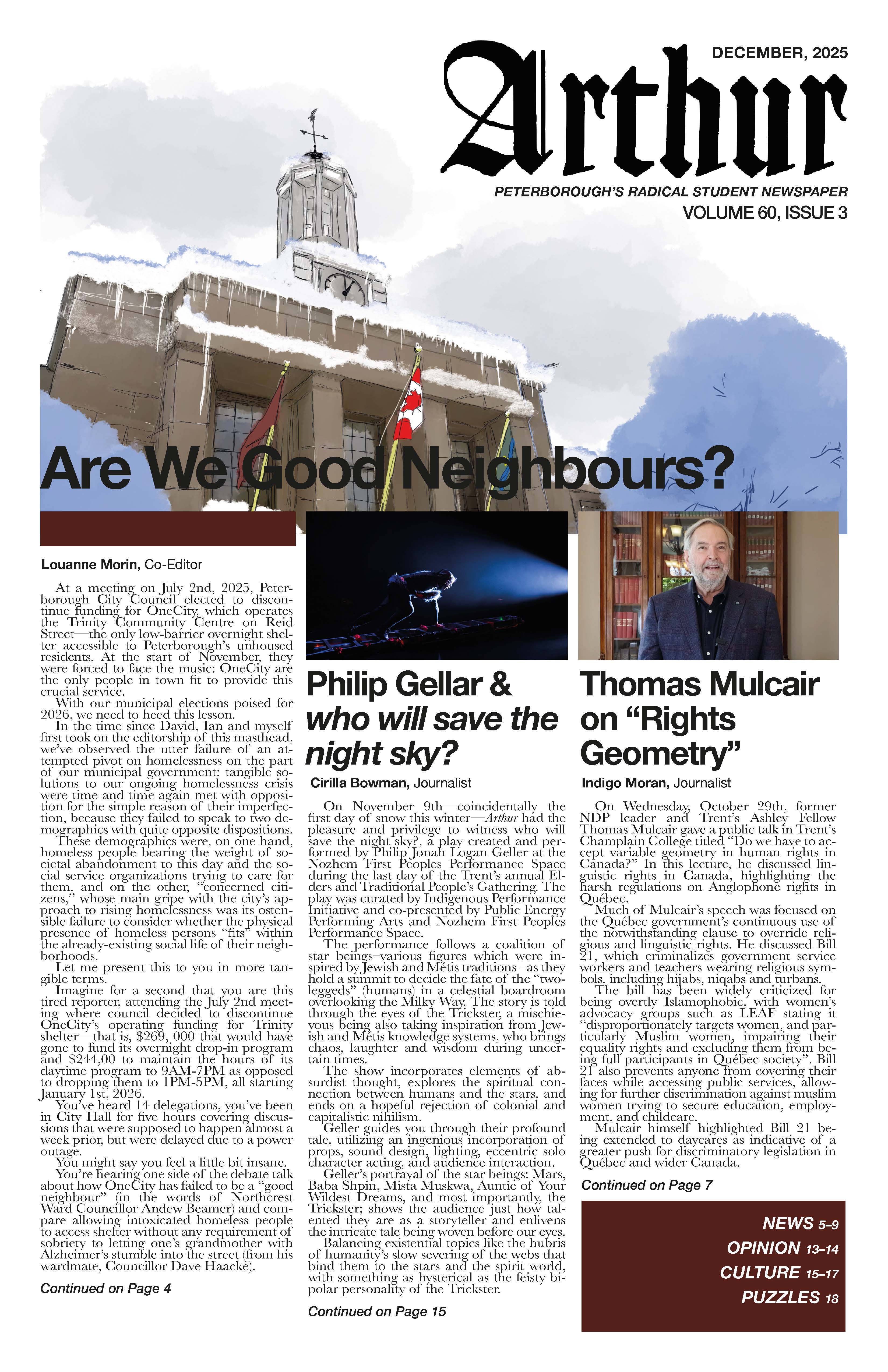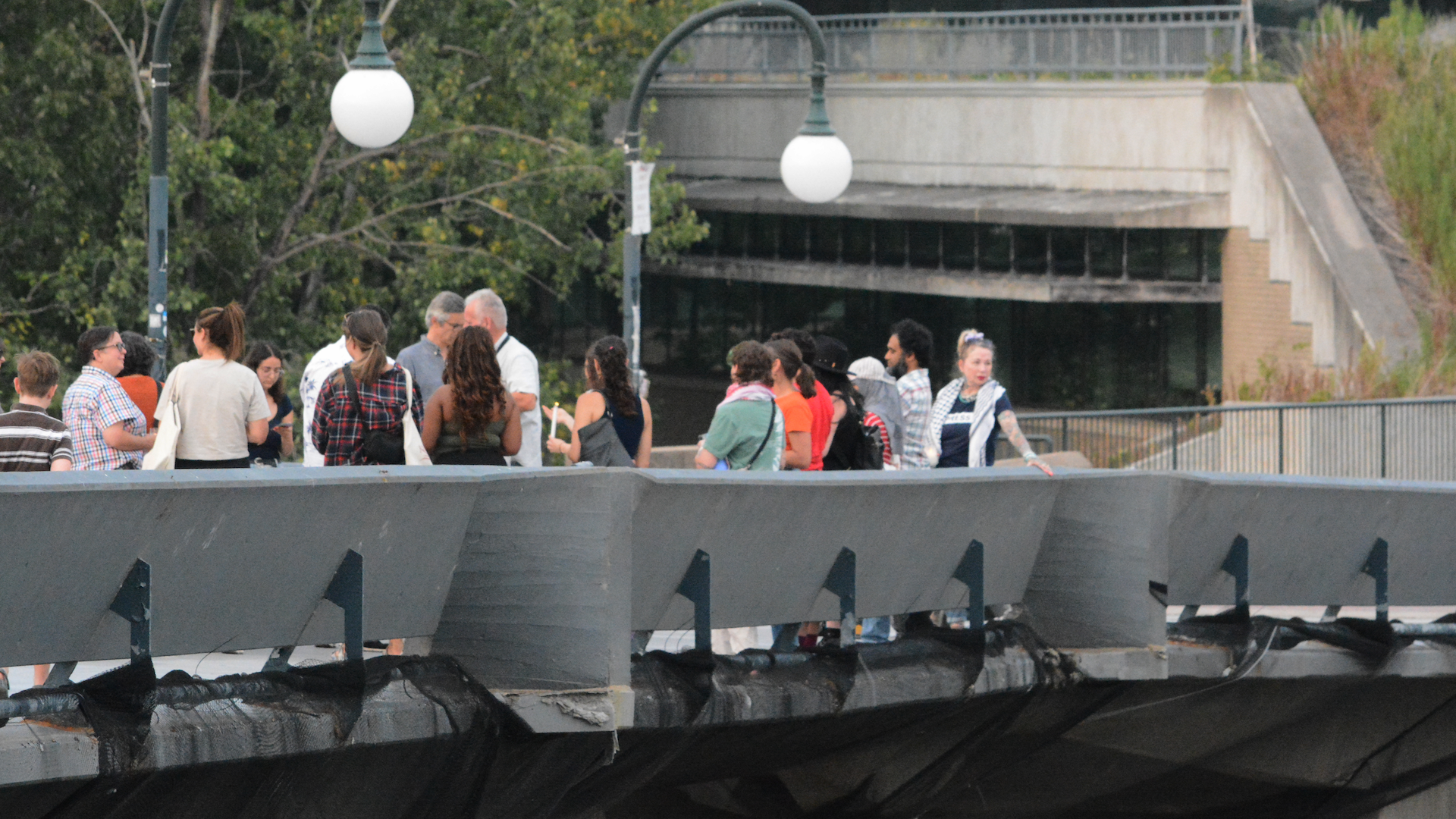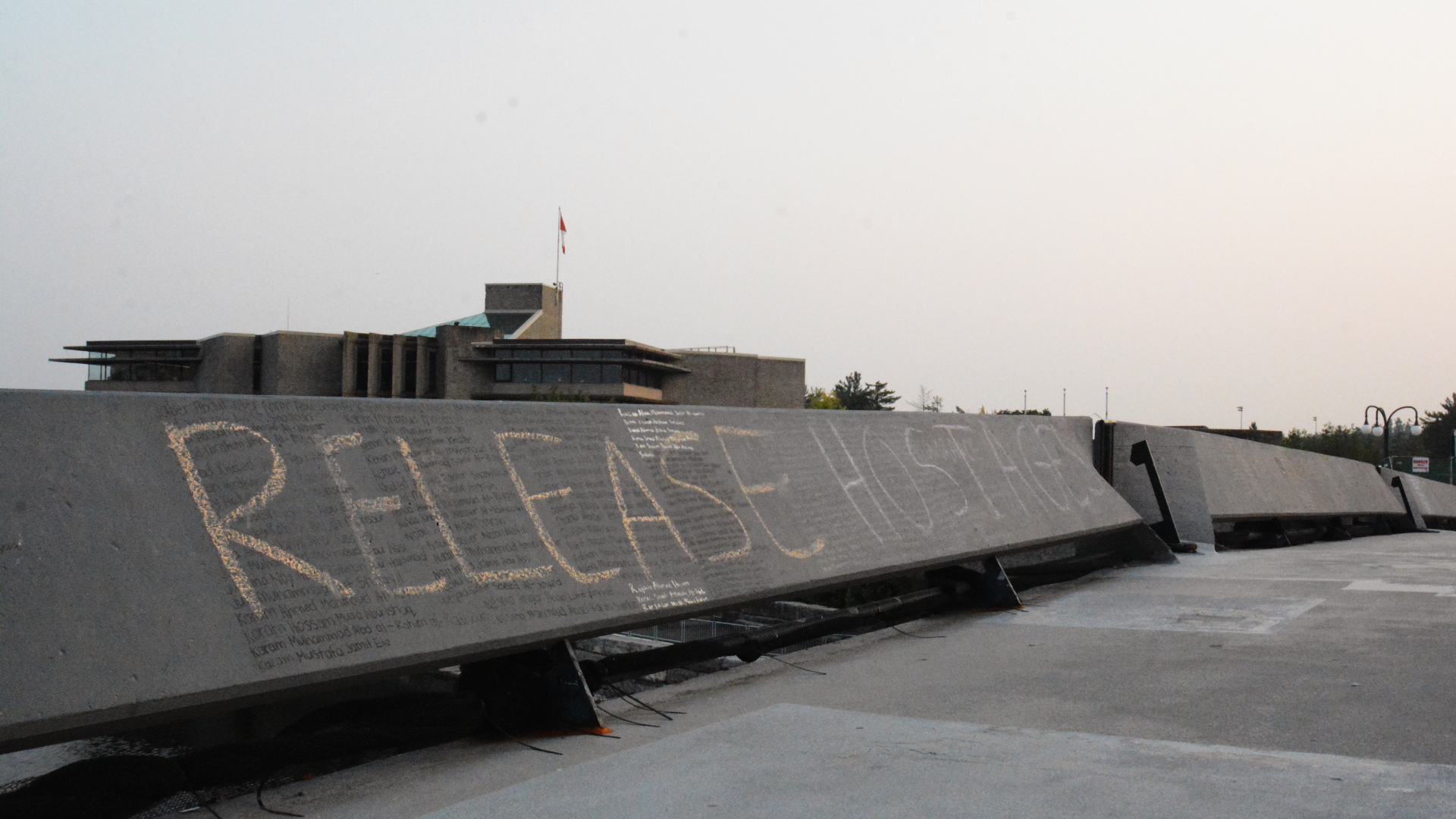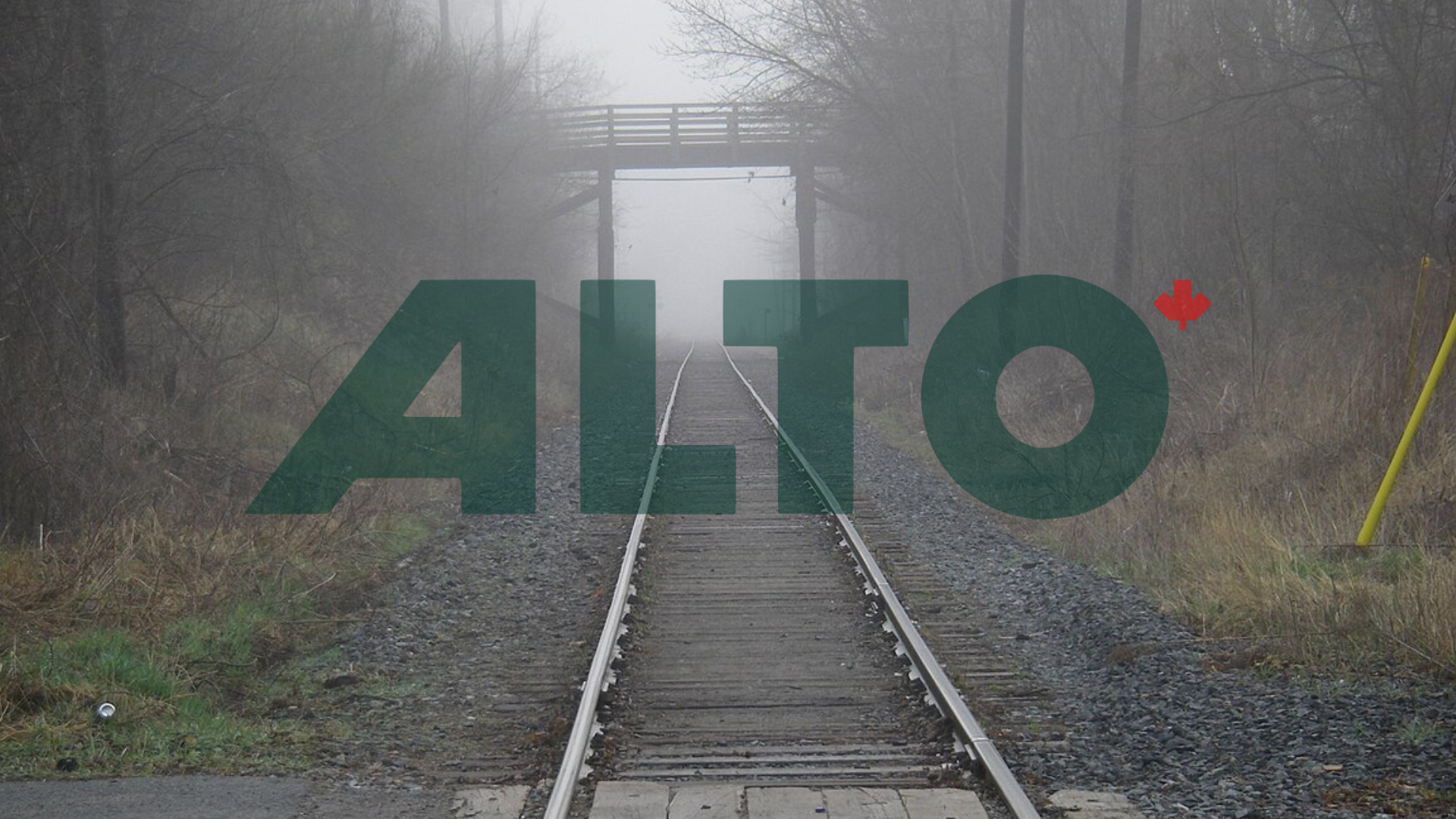Trent University Faculty Association (TUFA), the union representing full-time faculty and librarians at Trent University, passed a motion on June 12th which calls for a permanent ceasefire and condemns scholasticide in Gaza and other Occupied Palestinian Territories. The motion also affirms the union’s support for the rights of students to free speech and protest on campus “without disruption, surveillance, reprisal or violence from police, security, or other quarters.”
The motion echoes calls from students and faculty groups across the country who are pressuring institutions of higher education to take a stance on and commit to divestment from companies and institutions who are complicit in the ongoing genocide in Gaza.
“Our motion belongs to a tradition—inaugurated in the late twentieth century by the international boycott and sanctions campaign against apartheid South Africa—of holding universities accountable for the numerous ways in which they reinforce and uphold systems of oppression,” says Trent University Professor, Kelly McGuire, in a press release from Faculty For Palestine Trent (F4P).
According to an emailed statement to Arthur, F4P confirmed that the motion was passed at a special meeting of the Association called specifically to address the matter. The motion passed with 71% support as 80 members voted in favour and 29 opposed with 3 abstensions.
The statement from F4P outlines TUFA’s motivation in passing the motion grows out of their deep concerns with the ongoing scholasticide in Gaza as a direct result of Israeli aggression. To date, all 12 universities in Gaza have been destroyed by Israeli forces since October 2023, alongside 80% of educational infrastructure.
“Scholasticide is a component of genocide, the act of destroying a people and its means of both material and cultural continuity,” the F4P statement iterates.
Late last month, Trent students and faculty met with university administrators to go over similar demands. However, according to statement from Students For Palestine Trent (S4P) these meetings only re-affirmed “concerns that the university shows no interest in meeting our demands of condemnation, disclosure and divestment” and instead offered only “excuses.”
“BDS does not target individuals; on the contrary, as in South Africa, the movement invites all academics to advocate for justice. At its heart, BDS is about severing links of complicity and has proven effective time and again as an ethical, non-violent tool of resistance,” Professor McGuire said, again via the F4P press release.
It remains unclear at this time whether there will be future meetings with Trent University administrators to go over these concerns following the passage of this motion by TUFA. In an email, representatives from F4P told Arthur that they are aware if a follow-up meeting requested by S4P has been arranged.
In response to a Arthur's request for comment on the motion by Trent Administration, Trent's Communication department informed Arthur on Friday afternoon that while "the administration is aware of the June 12 motion", they have been too busy with convocation to "review and discuss it in detail."
The statement, which is not attributable to any single member of the Senior Administrative team, does not indicate what actions they intend to take to address the concerns raised by the University's faculty association.
The motion makes TUFA the 14th Canadian faculty association to pass a motion calling on their respective institution to divest from and work towards a non-violent end to ongoing encampments on university and college campuses.
Campus Encampments Continue:
TUFA’s motion was passed one day after the administration of McGill University offered a set of updated proposals to participants in the ongoing encampment on its campus following a “walkout by encampment representatives from discussions.”
This new set of proposals comes less than a week after police were called to remove protestors who were occupying the James Administration Building on June 6th, and offers “amnesty to any McGill student or employee for participating in the encampment prior to June 15, 2024.”
This amnesty does not extend to what the university calls “other acts” that are currently under investigation including the “forcible entry into the James Administration Building.”
In response, the group Solidarity for Palestinian Human Rights (SPHR) McGill released a statement on June 13th that called McGill’s offer “an immaterial response to our demands and a blatant miscontrusal of the negotiation process.”
“Despite intimidation and abuse of power, our demand remains straightforward: we seek the immediate reallocation of funds from investment in unethical companies to ethical ones,” the group’s statement reads. “ This demand can be fulfilled using existing policies and regulations, and it is not a question of precedural difficulties but rather McGill University’s prioritization of investor and donor interests over ethical considerations.”
On June 9th, University of Toronto President, Meric Gertler released an update on the ongoing discussions he and the U of T administration are having with encampment organizers.
“Over the last four weeks, the University has met roughly twice a week and spent more than 20 hours with representatives of the encampment on the St. George campus, with the aim of achieving a resolution through dialogue,” his statement reads, noting that the university had sent an updated proposal for a resolution on June 6th.
However, Gertler remains committed to maintaining what he calls “neutrality on issues of scholarly debate, including the war between Israel and Hamas.” Further, Gertler contends that the encampment does not constitute peaceful protest.
“We have given encampment participants every opportunity to resolve the situation voluntarily and we remain open to meeting with representatives of the encampment when there are productive reasons for doing so. In the meantime, the court process continues,” Gertler wrote.
U of T is seeking an injunction in order to have police clear the encampment. On May 31st, the Toronto Police Service announced that it would not clear the encampment without a court order to do so. The court dates on the matter are currently set for June 19th and 20th.
Editors' note: An earlier version of this article linked to a draft version of the June 12th motion passed by TUFA membership. The final approved version of the motion provided to Arthur by TUFA Executive on June 20th has now been linked above and can be found here.


.png)


.jpg)


.jpeg)



.jpg)


.jpg)






.jpg)



.png)